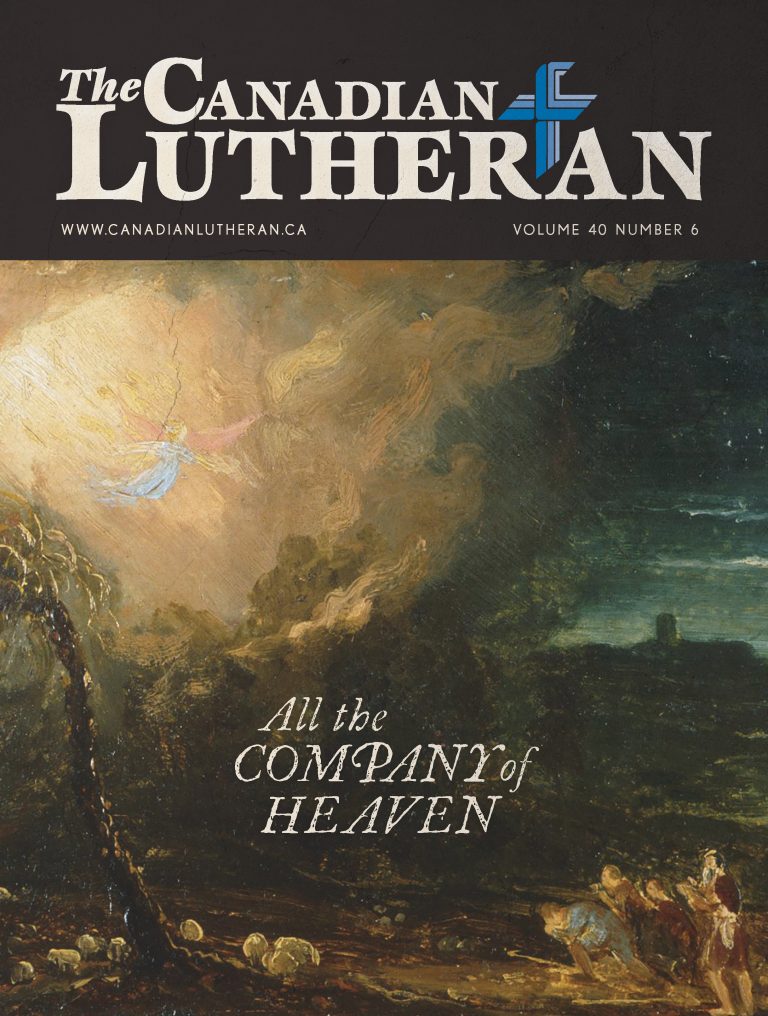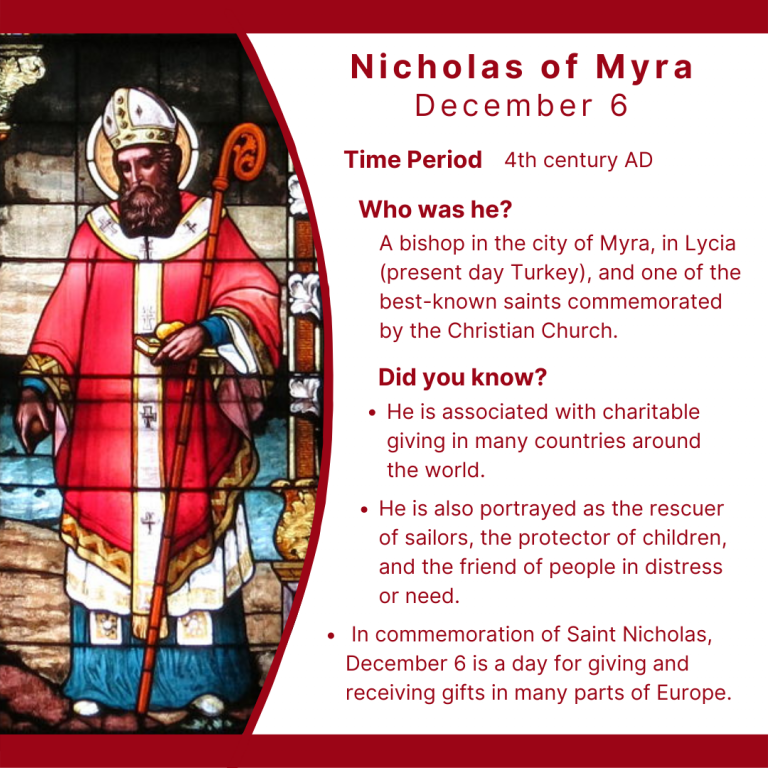LCC unveils logo for 2017 Reformation celebrations

CANADA – Lutheran Church–Canada (LCC) has released its logo for 500th anniversary commemorations of the Reformation in 2017.
The logo was designed by Philip Prozenko as a gift to the church. Prozenko is chairman of St. Andrew’s Lutheran Church in Halifax, Nova Scotia. He is also President and owner of AtlantexCreativeWorks, a company involved in the design and fabrication of exhibits, displays, and sculptures for museums, interpretative centres, and trade shows.
“I designed the Reformation wordmark in response to some of the literature and souvenirs that I had been seeing, which I didn’t feel reflected the significance and importance of this world-changing event,” Prozenko explains. “My design incorporates both the Luther Rose and the cross to reflect Martin Luther’s desire to return Christendom’s focus back to Christ crucified and that we, as sinners, are justified with God by grace alone, through faith alone, on the basis of Scripture alone.”
Even the font, he notes, echoes the German blackletter style in use at the time of the Reformation.
The logo is also available in French.
LCC’s Reformation 500 Committee is hard at work preparing resources for the 500th anniversary of the Reformation in 2017. Rev. James Heinbuch serves as Chairman of the committee, which includes LCC members from a variety of backgrounds, including laity, churchworkers, the seminaries, and LCC auxiliaries. LCC congregations and members can expect to see the committee release a number of Reformation-themed resources in the months to come.
2017 will mark the 500th anniversary of the Reformation. October 31, 1517 is the day Martin Luther is traditionally believed to have first nailed the 95 Theses to the Castle Church door in Wittenberg—an event regularly associated with the beginning of the Reformation. Over the ensuing decades, Luther and other reformers called for the correction of certain abuses in the church at large, and a return to a theology and church practice more clearly grounded in the Scriptures. After their call to “Re-Form” the church was rejected by Roman Catholic authorities of the day, the movement gave birth to what we today call the Lutheran church.
———————



